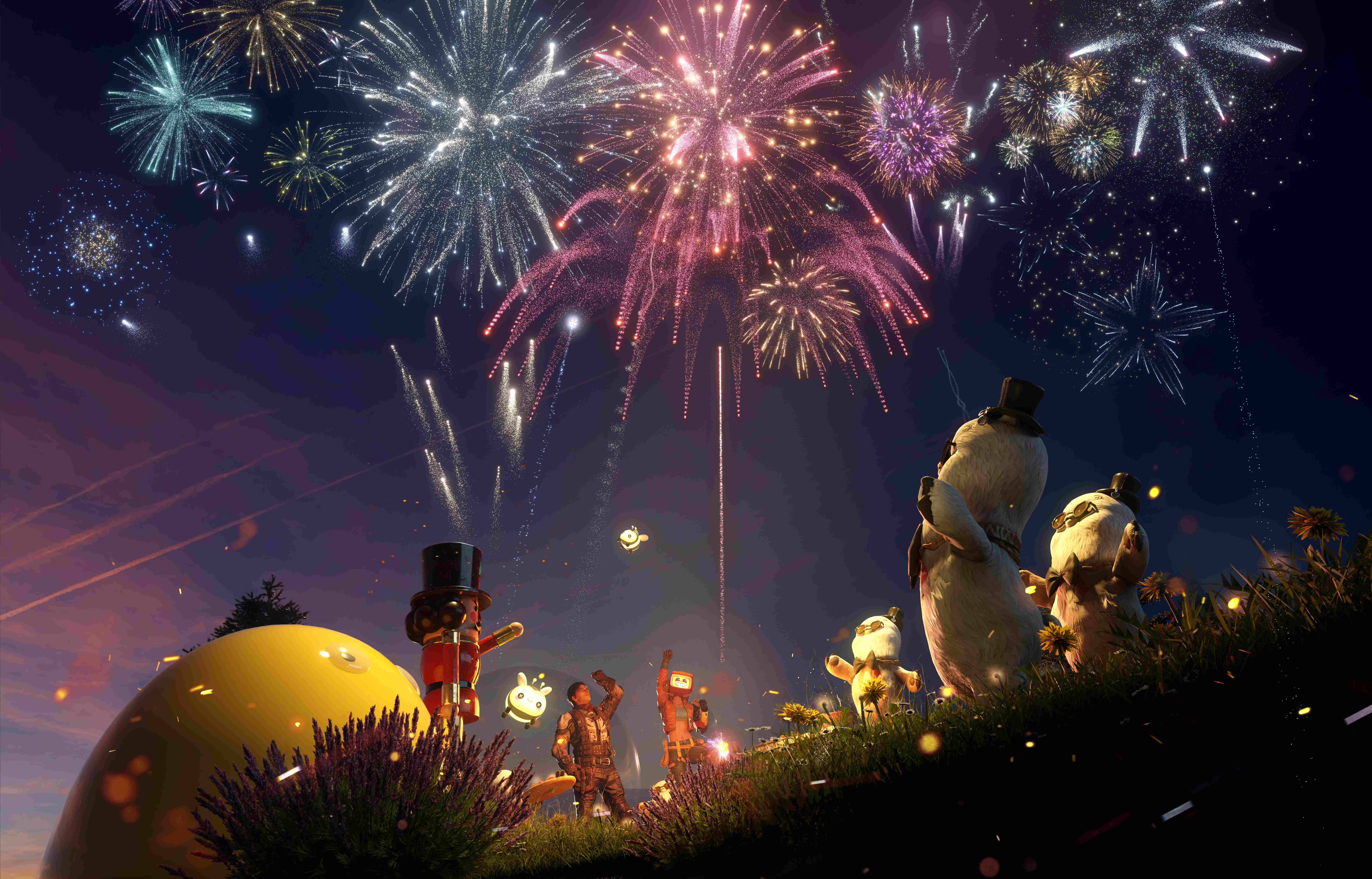
Blue Moon Review

Blue Moon will open in theaters at a date TBD. This review is based on a screening at the 2025 Berlin International Film Festival.
While ostensibly a biopic of famed Broadway songwriter Lorenz Hart, Richard Linklater’s Blue Moon unfolds over a single evening in 1943. A fun, tragic, and impeccably focused film, its seemingly stage-like presentation soon gives way to wild cinematic energy centered around Ethan Hawke, who delivers a fine-tuned performance as the verbose, balding, five-foot-nothing Hart. Robert Kaplow’s screenplay reverse-engineers the story both from real reports and apocryphal whispers about one of Broadway’s most infamous evenings: Opening night for Oklahoma!, when Hart’s former creative partner, Richard Rodgers (Andrew Scott), kicked off his legendary run with lyricist Oscar Hammerstein (Simon Delaney), and Hart disappeared down a bottle while waiting to toast the creators and the cast at storied afterparty spot Sardi’s. Despite the compressed timeline, it unfurls entire lives, histories, and relationships from the minutiae of fleeting interactions, as Linklater’s theatrical staging takes on greater symbolic meanings while its literal, grounded drama passionately unfolds.
Linklater is hardly the kind of filmmaker who demands homework. You don’t need to know much about Hart going into Blue Moon (named for the popular standard ballad he penned with Rodgers), and the essentials are summarized through a radio broadcast early in the runtime. While “Rodgers and Hart” were an impeccable duo, they would arguably be eclipsed in theatre history by “Rodgers and Hammerstein” – an inevitability of which Hawke’s version of Hart seems painfully aware. A small man in more ways than one – he’s charmingly diminutive, but repulsively (albeit hilariously) condescending – Hart occupies an isolated bar room at Sardi’s for much of Blue Moon, lobbing faint praise and catty criticism at Oklahoma! until the guests of honor arrive. This sprawling section features only Hart, his bartender friend Eddie (Bobby Cannavale), the young bar pianist Morty (Jonah Lees), and a quiet writer often seated in the background and soon revealed to be Charlotte’s Web author E.B White (Patrick Kennedy). The latter isn’t merely a historical easter egg; Blue Moon’s who’s-who of mid-century New York royalty is purposeful in its construction.
In this cordoned-off area, Hart doesn’t just wait anxiously to congratulate Rodgers (despite feeling abandoned by him). He’s also giddily anticipating the arrival of his collegiate protégé, Elizabeth Weiland (Margaret Qualley). Hart, who was most likely queer, has a wonderfully complicated dynamic with Weiland: 27 years his junior, she’s a cross between gossip partner, breathtaking muse, and potential lover (who also happens to tower over him in every shot). Before she appears, Hart speaks of her excitedly to each of his companions at Sardi’s. As Blue Moon goes on, this trio slowly begins to reflect different aspects or projections of his personality, be it Eddie’s forced, outward masculinity, Morty’s wide-eyed, youthful optimism, and White’s measured reserve – as though he were some dignified, idealized version of Hart that could never be. They, along with Weiland, all come to personify the possibility and sheer beauty that exist around Hart, just outside the edges of the frame. In Linklater and Kaplow’s telling, the tragedy of Lorenz Hart is his ability to convey love, and the feeling of being loved, through words – whether or not he fully loves, or is ever fully loved himself.
Blue Moon, like Hart, has an intense love of language, so the fact that it’s largely made up of monologues (or swift dialogue exchanges once Sardi’s gets more crowded) is perhaps its biggest strength. Hawke pores over every word, and Linklater in turn moves his camera along with nearly every sentence, creating a relentless momentum even when nothing in particular seems to happen. These scenes may feel like a filmed stage play, but the moment Hart leaves his refuge and begins interacting with the other guests, the more the camera is forced to follow him on an intimate and chaotic journey through his most all-encompassing personal and professional fears.
All the while, Hawke is magnificent to behold, chomping on cigars and delivering a wonderfully magnetic performance that radiates the specific and familiar (as in snobbish and presumptuous) energy of the era’s New York theatre scene. He speaks in movie references, searing literary criticisms, and knowing riddles that reveal both adoration and desperate self-loathing. And while Hakwe’s stagey comb-over reveals the distinct borders of his actual hairline, the shaven portion of his forehead makes him seem almost like a monk worshipping at the altar of transformative arthouse performance. It’s the kind of acting born not from showiness (well, not only showiness), but from a deep and thoughtful understanding of the character.
Hart may be physically centered, and his purpose on this particular evening may simply be to congratulate the cast (and aggressively bump elbows with Rodgers on occasion), but Hawke imbues him with a melancholy verging on destructive. (It’s widely believed that the party pushed Hart off the wagon for good; he was dead just seven months later.) His mouth says one thing – usually something polite or passive-aggressive – but his expression betrays a deep, internal void born from fears of obsolescence. The blue-eyed Hawke wears jet-black contact lenses for the role, but you can see the whole world, and all its terrors, swimming in his eyes.
In sharp contrast to the shifty, short-statured Hart, Scott’s handsome, no-nonsense version of Rodgers – for which he was awarded Berlin’s Silver Bear for Best Supporting Performance – seems to channel James Stewart. He adores and abhors Hart in equal measure, eager to please and praise him while equally desperate to grab him by the collar and shake him out of his self-destructive stupor. You can intuit this all from the way Scott gazes upon Hawke.
Thanks to their proximity, Rodgers’ words cut his former partner deeply when the duo disagrees about their respective approaches to art and entertainment in the final years of World War II. This thread in particular adds a relevant thematic layer to their interpersonal drama: Both Hart and Rodgers (and several other characters in Blue Moon) are Jewish, and a moment rife with conflict and antisemitism forces them to take stock of how best to reach people through their work. Rodgers, through shows like Oklahoma!, is far more nakedly sentimental, while Hart harbors a more cynical, satirical streak. Fittingly, both these approaches feel ever-present in Blue Moon, a film that proves deeply captivating the further it gets into its runtime. Even at a mere 100 minutes, it feels like an entire lifetime lived and explored, all through the lens of regret, artistic disappointment, and the ways in which they trickle down into even the smallest of interactions and the most fleeting glances.






